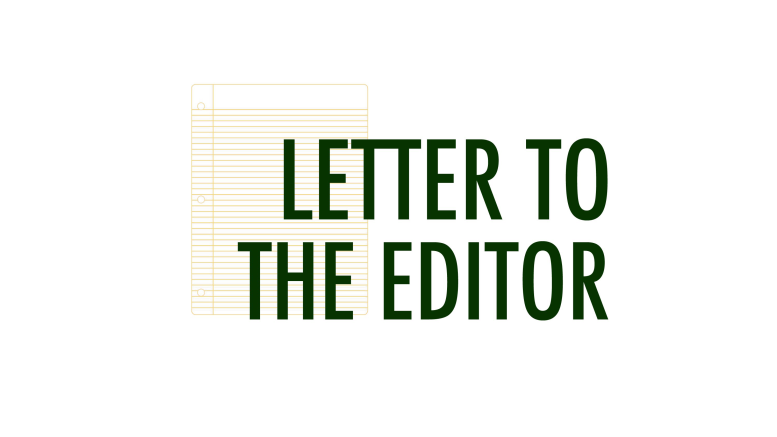For most McDaniel students, November 4th was their first opportunity to exercise their 26th Amendment rights. This was certainly a reason to celebrate and get out and vote! Republican or Democrat, this election was a historical one, and one that any voter should have been excited to participate in. Keeping this in mind, there are several concerns about the voting process across the nation and right here at McDaniel.
One of the foundations of democracy is that its citizens have a fair opportunity to vote in elections. The 2000 Presidential election between George W. Bush and Al Gore has become notorious for the voting scandal that took place in Florida. Last election, especially in the battleground state of Ohio, there were also instances of confusion and possible misdeeds surrounding electronic voting. Many people felt betrayed by their government and that their votes weren’t actually being counted.
Have Americans regained their trust in the voting system or, at least, have McDaniel students and teachers? When reminded of the Florida election, freshmen Farley Howe strongly declares, “It violat(ed) the trust of the American people. If people don’t think their votes are going to be counted there’s less incentive for them to vote.” This schism between voter and government lingers for many citizens.
Freshmen Colleen McCarrick looked forward “to exercising [her] right to vote” on Tuesday. However, she is also shocked with some of the “dirty tricks” that have been popping up lately. When asked her opinion on voting disenfranchisement (the effort of a political party to eliminate registered voters from the other party?such as calling the home phones of residents with recently foreclosed homes, and then striking their names from the voting roster because no one was there to take the call) she responds, “I don’t think that’s fair at all. Once someone has registered [to vote] they have done their part.”
Howe shares McCarrick’s repulsion with disenfranchisement and when questioned, she angrily replies, “That’s horrible! Using tricks is wrong, everyone loses.” Many students share this mix of excitement and shock about the upcoming election.
Disenfranchisement isn’t the only “dirty trick” in the book and students certainly aren’t the only people at McDaniel with concerns. The relatively new electronic voting machines have proven faulty or unsecure on many occasions. Professor Thomas G. Deveny also reminds us that the standard voting machines, “Diebold machines, (are) owned by a strong backer and donator to the Republican Party, which could generate a conflict of interests for the man in-charge of tabulating many votes.” Dr. Deveny somewhat gloomily concedes that “we’re going to have to trust them in Maryland,” but that “I wouldn’t trust them at all in a [battleground] state like Ohio.”
In addition to disenfranchisement and faulty electronic systems, accessibility is also a major concern. Long lines plague early voting stations in nearby Baltimore. Dr. Deveny feels “It’s a disgrace that our country cannot provide a system that will allow us to vote in a half an hour,” and that it makes us look like “a Third World country.” Many people have to choose between voting, and working.
The election has already taken place by now, so there is a rare moment for reflection. Did it turn out to be another “I told you so” moment in history, pointing out blame in the voting process? Or was it a fairly clean and historical celebration that decided our 44th president? This journalist sincerely hopes it’s the latter, but if not, in four more years lets get it right!


